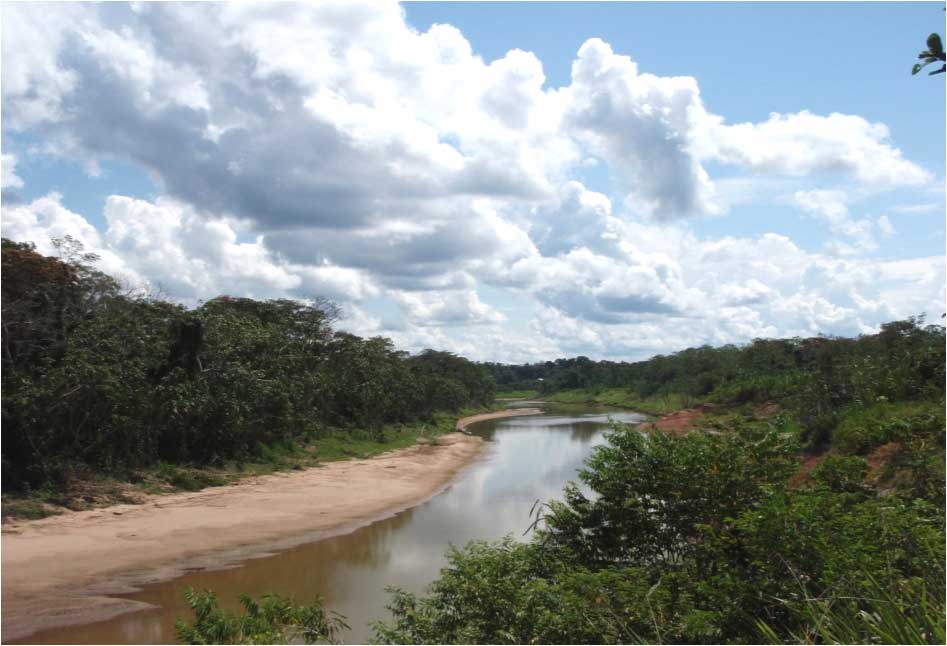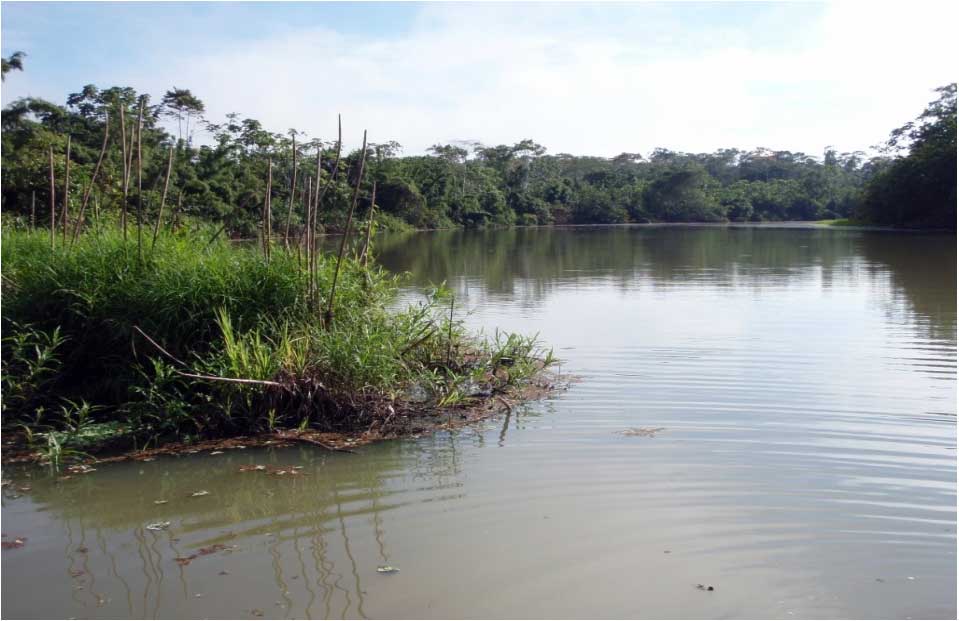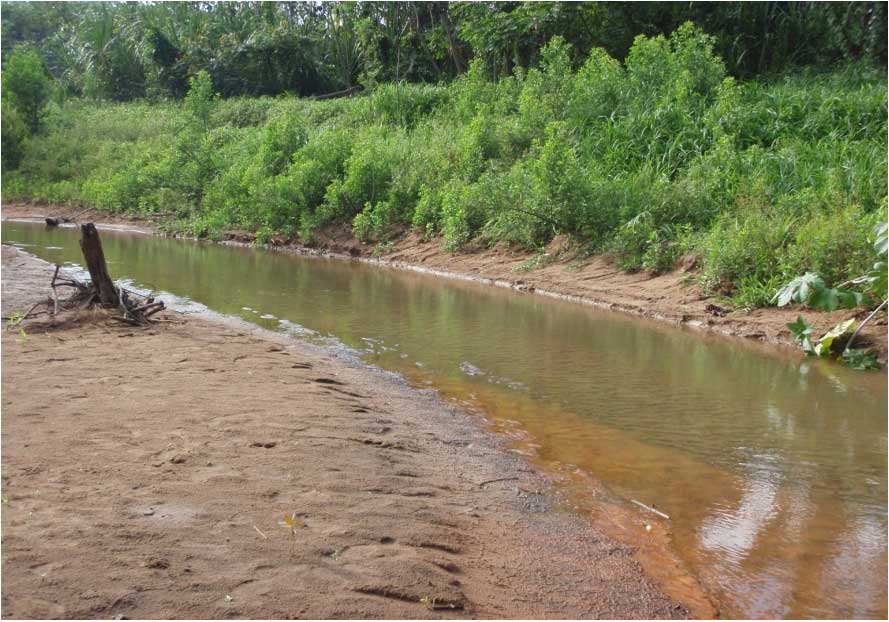Field Collections and Species Inventories |
||||||||||||||||||||||
|
Dr. Albert has more than 20 years of field work in the tropics, collecting fishes in Belize, Bolivia, Brazil, China, Colombia, Dominican Republic, Ecuador, Indonesia, Japan, Mexico, Micronesia, Peru, Puerto Rico, Uruguay, Venezuela and the Virgin Islands. Current field studies focus on lowland tropical forests of the Amazon Basin, including the Pacaya-Samiria and Alto Purús national parks in Peru, with financial support from the National Science Foundation. Amazonian aquatic ecosystems are among the richest on Earth, and the Neotropical region as a whole includes more than 7,000 species, or about 10% of all vertebrate species. These projects record species-level diversity, using contemporary methods of specimen and tissue preparation, identification, archival, database management and cataloguing. |
||||||||||||||||||||||
|
There is an urgent need for scientific exploration of all aspect of biodiversity. This is especially true in the Neotropics, where large regions are becoming heavily impacted by human activity. Most damaging for fishes are changes in water quality arising from industrial deforestation, road building, and hydraulic mining. Another major threat to fishes is the loss of habitat and migration routs resulting from the construction of large dams. The depletion of populations from commercial fishing is a serious problem for larger species, such as the giant pirarucú (Arapaima gigas) and some of the larger migratory catfishes (e.g., Brachyplatystoma). The most seriously affected areas are the floodplains along the channels of large rivers, and also the headwaters of some of the main tributaries. |
||||||||||||||||||||||
 |
 |
 |
||||||||||||||||||||
| Home | Research | Teaching | People | Publications | In the Lab | |||||||||||||||||